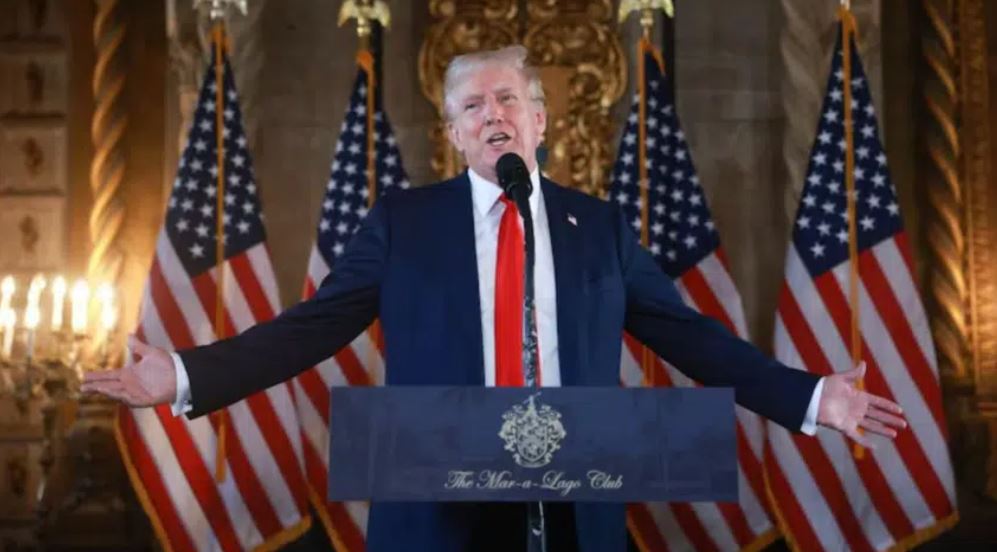In a significant policy shift, President Donald Trump is poised to elevate cryptocurrency to a national priority, signaling a transformative era for digital assets in the United States. According to a recent Forbes report, the administration plans to establish a Presidential Council of Advisers for Digital Assets, dubbed the ‘Crypto Council,’ comprising 24 industry leaders, including private sector founders and CEOs.

This initiative aims to foster a collaborative public-private partnership to streamline regulatory frameworks and promote global alignment in the rapidly evolving crypto landscape. Stacey Rolland, founder and CEO of Zero One Strategies, emphasized that the Crypto Council could “facilitate cross-agency coordination, inform consistent regulatory frameworks, and promote global alignment, not just for today’s markets but with an eye toward future-proofing policies to foster innovation and secure America’s position at the forefront of digital assets and emerging technologies.”
In tandem with these developments, the Securities and Exchange Commission (SEC) is undergoing a leadership transition. Following the resignation of former SEC Chair Gary Gensler, President Trump appointed Commissioner Mark Uyeda as Acting Chair. Uyeda has announced the formation of a new crypto task force, led by SEC Commissioner Hester Peirce, dedicated to developing a comprehensive and clear regulatory framework for crypto assets.
The administration’s pro-crypto stance is further underscored by President Trump’s personal ventures into the digital currency realm. Notably, he and First Lady Melania Trump launched meme coins, $TRUMP and $MELANIA, on the Solana blockchain. These tokens experienced significant market activity, with the Trump coin peaking at $75.35 before stabilizing around $37, and Melania Trump’s coin launching at $7 and reaching $13.73 before settling at approximately $4.30.
However, these developments have sparked ethical concerns among experts. The Guardian reports that ethics officials and experts have raised alarms over potential conflicts of interest, given President Trump’s policies supporting the crypto industry and the substantial ownership stakes held by affiliates of Trump’s business in the meme coins. James Thurber, a professor of government at American University, and Walter Shaub, former director of the U.S. Office of Government Ethics, have cited these issues as potentially undermining government ethics and leading to significant financial losses among investors.
Despite the administration’s initiatives, President Trump’s inauguration speech notably omitted any mention of cryptocurrencies. This absence led to a market correction, with significant declines in the values of Bitcoin, Ethereum, XRP, and Solana. Analysts suggest that while no executive orders favorable to cryptocurrencies were issued immediately, future directives may still be forthcoming.
As the Trump administration embarks on this new trajectory, the balance between fostering innovation in the crypto industry and ensuring ethical governance and market stability remains a focal point of discussion among policymakers, industry stakeholders, and the public.










